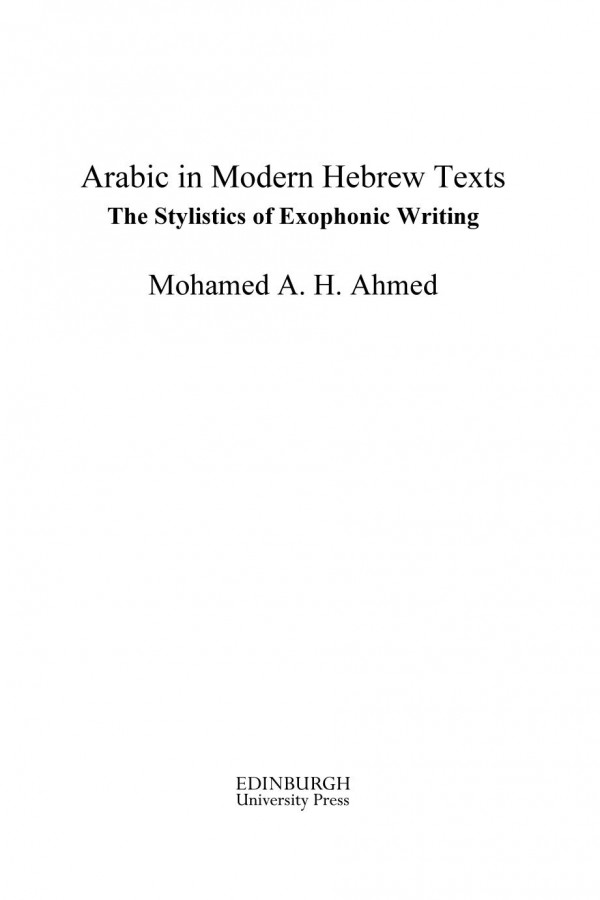

Most ebook files are in PDF format, so you can easily read them using various software such as Foxit Reader or directly on the Google Chrome browser.
Some ebook files are released by publishers in other formats such as .awz, .mobi, .epub, .fb2, etc. You may need to install specific software to read these formats on mobile/PC, such as Calibre.
Please read the tutorial at this link: https://ebookbell.com/faq
We offer FREE conversion to the popular formats you request; however, this may take some time. Therefore, right after payment, please email us, and we will try to provide the service as quickly as possible.
For some exceptional file formats or broken links (if any), please refrain from opening any disputes. Instead, email us first, and we will try to assist within a maximum of 6 hours.
EbookBell Team

4.8
44 reviewsIn the late 1950s, Iraqi Jews were either forced or chose to leave Iraq for Israel. Finding it impossible to continue writing in Arabic in Israel, many Iraqi Jewish novelists faced the literary challenge of switching to Hebrew. Focusing on the literary works of the writers Shimon Ballas, Sami Michael and Eli Amir, this book examines their use of their native Iraqi Arabic in their Hebrew works. It examines the influence of Arabic language and culture and explores questions of language, place and belonging from the perspective of sociolinguistics and multilingualism.
In addition Ahmed applies stylistics as a framework to investigate the range of linguistic phenomena that can be found in these exophonic texts, such as code-switching, borrowing, language and translation strategies. This new stylistic framework for analysing exophonic texts offers a future model for the study of other languages.
The social and political implications of this dilemma, as it finds expression in creative writing, are also manifold. In an age of mass migration and population displacement, the conflicted loyalties explored in this book through the prism of Arabic and Hebrew are relevant in a range of linguistic contexts.